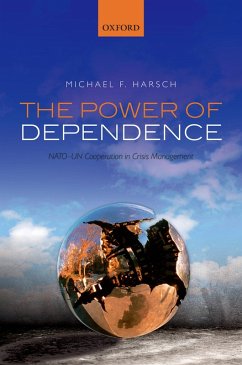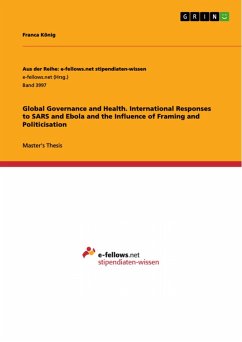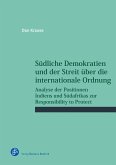Since the end of the Cold War, crises from the Balkans to Central Asia and Africa have forced international organizations to adapt, expand, and cooperate to end civil wars, manage humanitarian challenges, and contain terrorist threats. The Power of Dependence explores the complex relationship between two of these organizations: NATO and the United Nations. It advances an innovative resource dependence approach to explain the stark variation in interorganizational cooperation, combining insights from international relations theory and organizational science in a comprehensive theoretical framework. Comparing NATO and the UN's engagement in three major post-Cold War conflicts- Bosnia, Kosovo, and Afghanistan- the study finds that the level and balance of the organizations' resource dependence plays a crucial role in shaping the degree of cooperation. The Power of Dependence demonstrates the logic, dynamics, and impact of organizational interactions in addressing regional instability and violent conflict. It will be of interest to anyone concerned with understanding and building more effective interorganizational partnerships in crisis management.
Dieser Download kann aus rechtlichen Gründen nur mit Rechnungsadresse in A, B, BG, CY, CZ, D, DK, EW, E, FIN, F, GR, HR, H, IRL, I, LT, L, LR, M, NL, PL, P, R, S, SLO, SK ausgeliefert werden.



